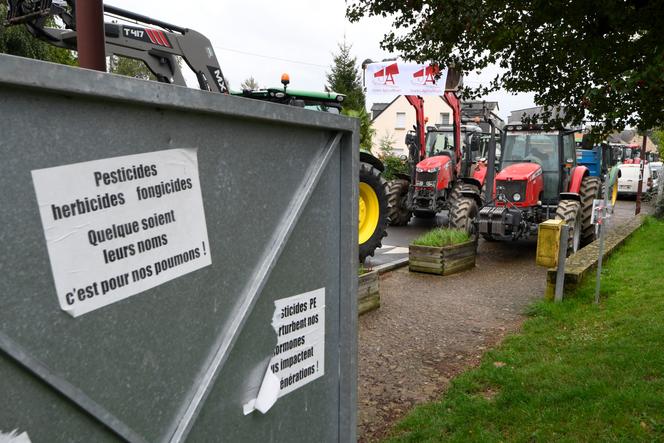


Understanding the factors that affect the health of the French population in connection with diet, physical activity, risk behaviors and exposure to chemical substances is the goal of a new national public health study launched on Tuesday, June 10, by France's National Agency for Food, Environmental and Occupational Health and Safety (ANSES) and the national public health agency (SPF). This large-scale survey is intended to pick up where previous comparable studies left off – the earliest of which dates back 20 years – and to broaden the scope of analysis. Named Albane (for Alimentation, biosurveillance, health, nutrition and environment), it will involve 3,150 participants: 150 infants, 1,000 children aged 3 to 17, and 2,000 adults aged 18 to 79, over at least three two-year cycles. Volunteers will be recruited in 167 survey zones throughout the study area. SPF hopes to include France's overseas territories in the study by 2028.
"This is an innovative, cyclical study, similar to those that exist in the United States or Canada," said Caroline Semaille, director general of SPF, at a press conference. Participants will be asked to complete questionnaires about their eating habits and any risk behaviors, and will receive medical follow-up combined with measurements of their exposure to a wide range of toxic substances: plasticizers (bisphenols, phthalates), dioxins (notably from waste combustion), PCBs, PFAS (poly- and perfluoroalkyl substances, better known as "forever chemicals"), heavy metals (mercury, cadmium, lead), certain hydrocarbons and more.
You have 67.59% of this article left to read. The rest is for subscribers only.
